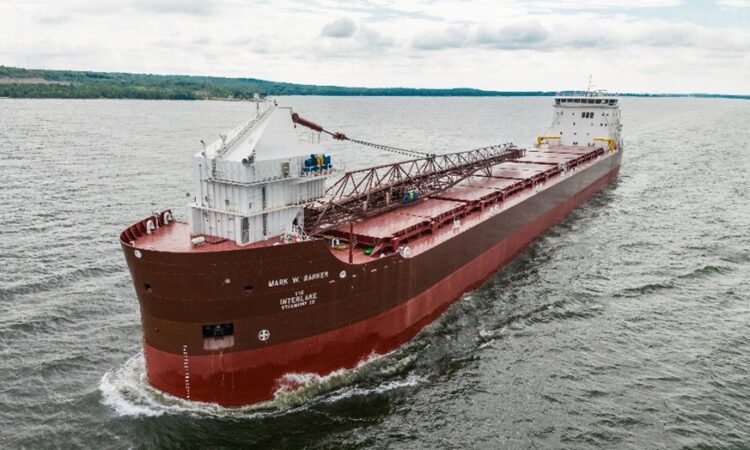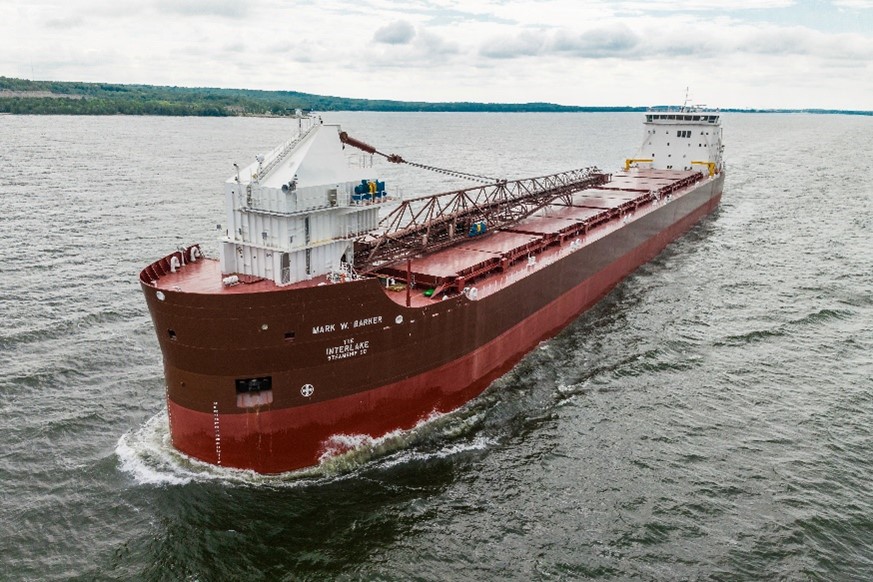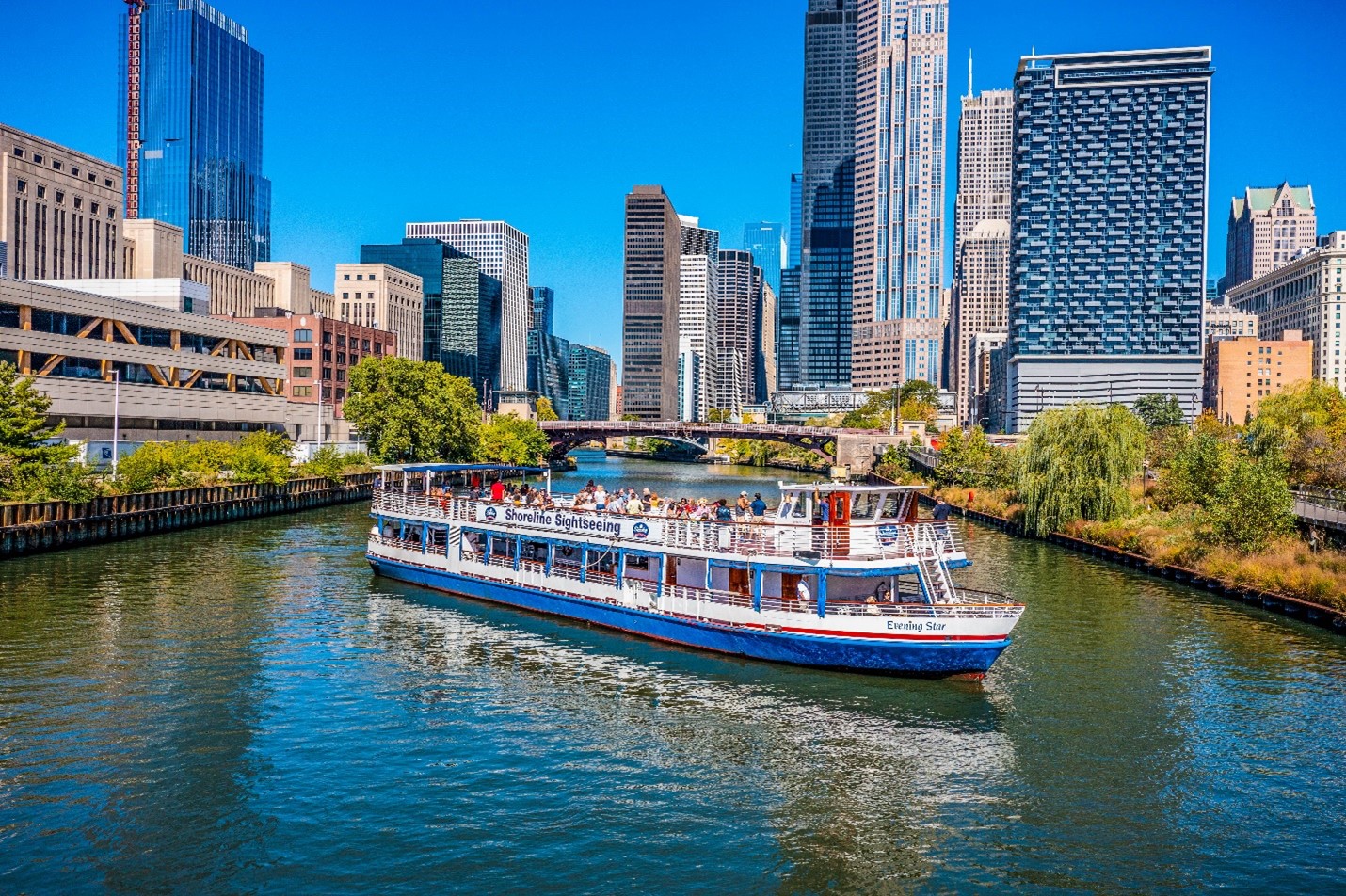

Operators of American-flag vessels are faced with a competitive disadvantage in the construction and replacement of their vessels relative to foreign-flag operators whose vessels are registered in countries that do not tax shipping income. The Capital Construction Fund (CCF) program was created to counterbalance this situation by helping owners and operators of United States-flag vessels secure the capital necessary to modernize and expand the U.S. merchant marine. The program encourages construction, reconstruction, or acquisition of vessels through the deferment of Federal income taxes on certain deposits of money or other property placed into a CCF. Participants must meet U.S. citizenship requirements.
The CCF Program was significantly expanded in December 2022 with the passage of the National Defense Authorization Act for Fiscal Year 2023. Section 3544 of the Act expanded the use of the program to all U.S. built vessels which are engaged in the domestic or foreign commerce of the United States, doing away with limitations on the availability of the CCF program to certain geographic trades that had been in effect.
See the latest list of fundholders.
Apply here.
Vessels built with any amount of CCF funding must be built in the United States and documented under the laws of the United States for operation in the nation’s foreign or domestic commerce. CCF vessels constructed, reconstructed, or acquired under the CCF program can span a wide spectrum, including large containerships, crude oil and petroleum product tankers and articulated tug barges, self-unloading Great Lakes bulk carriers, tugs, barges, supply vessels, ferry and passenger vessels and crew transfer vessels.
Companies utilizing the benefits of the CCF program represent a broad cross section of the U.S. maritime industry. Operators range in size, from large consolidated companies to partnerships and sole proprietors, but all have one thing in common — understanding that the CCF program can lower the cost of replacing or adding new vessels or upgrading their existing fleet, which can significantly accelerate the time frame for accumulating capital for such purposes and be used to pay down existing vessel debts (as long as the vessel is part of an overall building program). Current operator types include, for example:
- Liner companies that operate containerships and other specialized vessels from the West Coast of the United States to points in the Far East and Hawaii;
- Owners of crew transfer vessels supporting offshore windfarms in the Northeast;
- Bulk vessel operators moving ore and operators providing ferry and passenger service on the Great Lakes;
- Companies specialized in offshore towing and supply operations that serve oil drilling and production rigs off U.S. coasts and in foreign waters;
- Tug and barge operators providing service between domestic ports and points in Alaska, on the river system in Alaska, and in the Gulf of Alaska;
- Cruise vessels and tug-barge operators providing inter-island service in the Hawaiian Islands; and
- Sightseeing boat operators in major American cities.
The December 2022 expansion of the CCF now permits additional operators to use CCF funds to expand, replace or modernize their fleets. Such operators include:
- Companies offering sightseeing, dinner and “eco-tour” cruises;
- Passenger and auto ferry service operators throughout the United States;
- Operators of towboats and barges in the inland waterways;
- Harbor service operations providing bunkering, crew launch and ship assist services and;
- Coastal tug and barge operators.
The Department of Transportation’s Maritime Administration (MARAD) and the Department of Commerce’s National Oceanic and Atmospheric Administration (NOAA) are responsible for administering the CCF program, with MARAD handing commercial vessels, and NOAA handling those in the fishing industry.
Capital Construction Fund Regulations (part 1)
Capital Construction Fund Regulations (part 2)
Parties interested in the program as it relates to fishing vessels should contact:
CCF Program, Financial Services Division (F/MB5)National Marine Fisheries Service
1315 East West Highway
Silver Spring, MD 20910
(301) 713-2393
or their website (NOAA Website)

Last updated: Thursday, June 13, 2024






